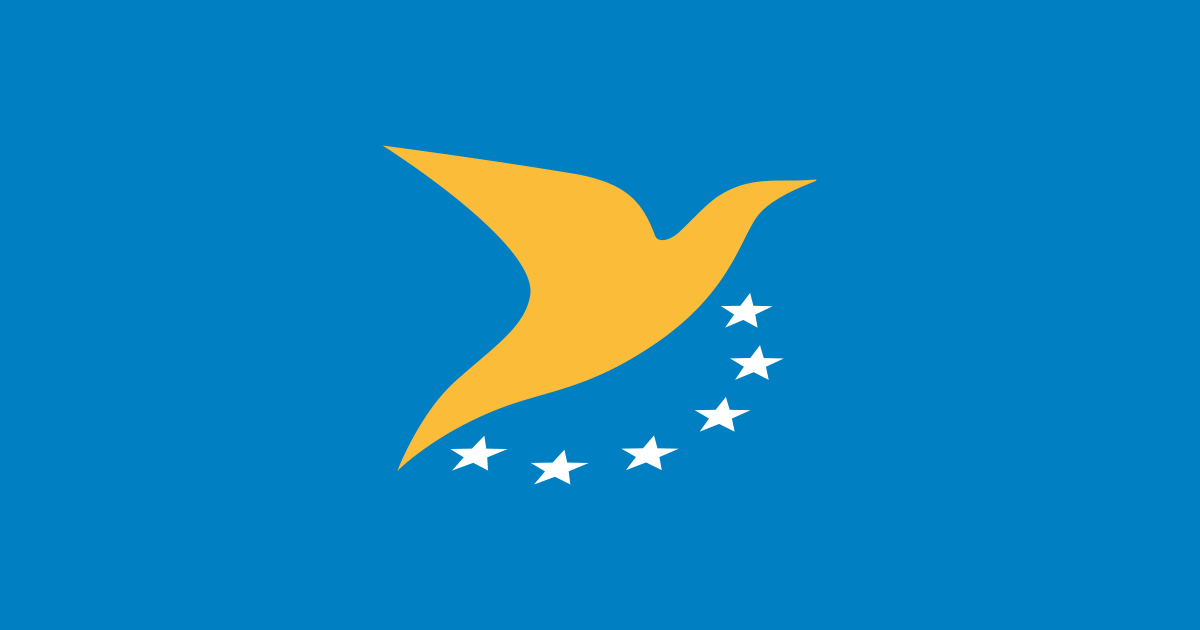We will be convening a first workshop of the ReFuelEU Aviation environmental labelling scheme, with airlines and online travel agents, on the 22nd & 23rd January 2024, in our Headquarters in Cologne (Germany). The aim is to exchange on the status, the methodology, data ingestion and treatment as well as the integration of the labelling into the ecosystem of emissions communication. Because of limited space available, we will be opening a call for a limited number of registrations, from airlines, airline associations and travel agents, until 24th November 2023. If you would like to apply for attending this session use the following link to register your interest.
Further information on the event and a detailed agenda will be provided in the next few weeks to those who have successfully registered.
Background
On 18 October, the President of the European Parliament and the Spanish Foreign Affair Minister signed into law the ReFuelEU Aviation. The initiative is designed to promote the use of sustainable aviation fuels (SAF) within the aviation sector. This EU Regulation will help the ramp-up in the production and uptake of Sustainable Aviation Fuels (SAF) which is the most powerful tool in the short and medium term to decarbonise aviation and as part of broader efforts will reduce greenhouse gas emissions and combat climate change. The initiative sets out to establish mandatory blending mandates for airlines, requiring them to incorporate a certain percentage of SAF into their fuel mix. The aim of Refuel EU Aviation is to create a stable market demand for SAF, incentivizing production and investment in these more environmentally friendly fuels.
The initiative is closely aligned with the European Green Deal, which sets forth a comprehensive plan to make the EU climate-neutral by 2050. By advancing the adoption of SAF, Refuel EU Aviation contributes to the decarbonization of air travel, a sector that has traditionally been challenging to decarbonize due to the technical and energy density requirements of aircraft.
This new regulation creates an environmental labelling scheme for aviation. The idea behind such a label is to provide consumers with clear, accurate, and standardised information about the environmental performance of flights. This could cover aspects like carbon emissions per passenger-kilometre, the environmental management practices of the airline, and other relevant factors.
Passenger’s knowledge of the environmental impact of their flight options is key in reinforcing the efforts of the aviation industry to obtain decarbonization. To enable environmental transparency in aviation, EASA has been working very closely with stakeholders in establishing an environmental labelling scheme for aviation.
Therefore, the Environmental Labelling Scheme under ReFuelEU Aviation includes key aspects:
Transparency for Consumers: The label would give consumers information about the environmental impact of their flight choices, potentially influencing purchasing decisions and promoting airlines to adopt greener practices.
Carbon Emissions: One of the main criteria for such a label would likely be the CO2 emissions associated with the flight. This could be calculated per passenger and would consider factors like aircraft type, flight distance, and load factor.
Additional Criteria: Beyond carbon emissions, the label could also take into account other environmental practices of the airline, such as efforts to reduce noise pollution, waste management practices on flights, and investments in newer, more efficient aircraft.
Official news published at https://www.easa.europa.eu/en/newsroom-and-events/news/save-date-workshop-refueleu-aviation-environmental-labelling-scheme



